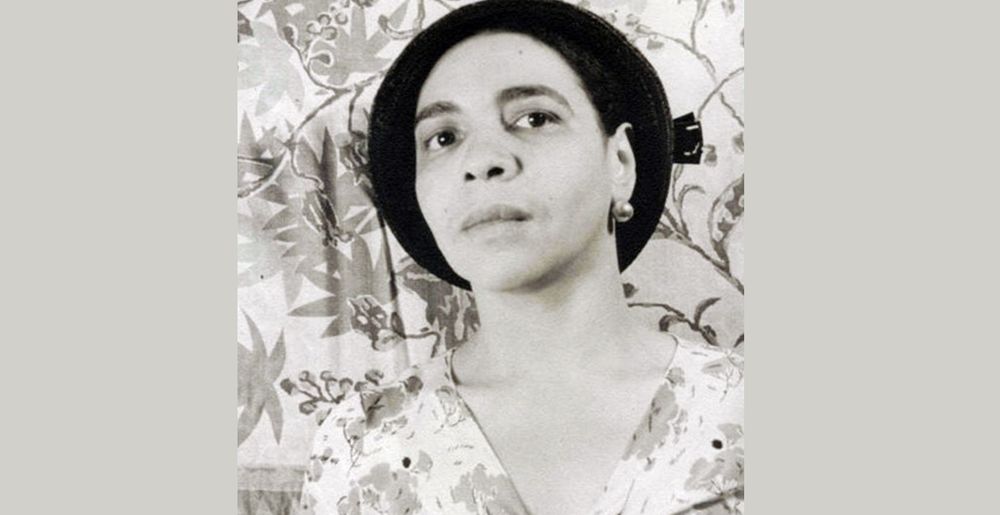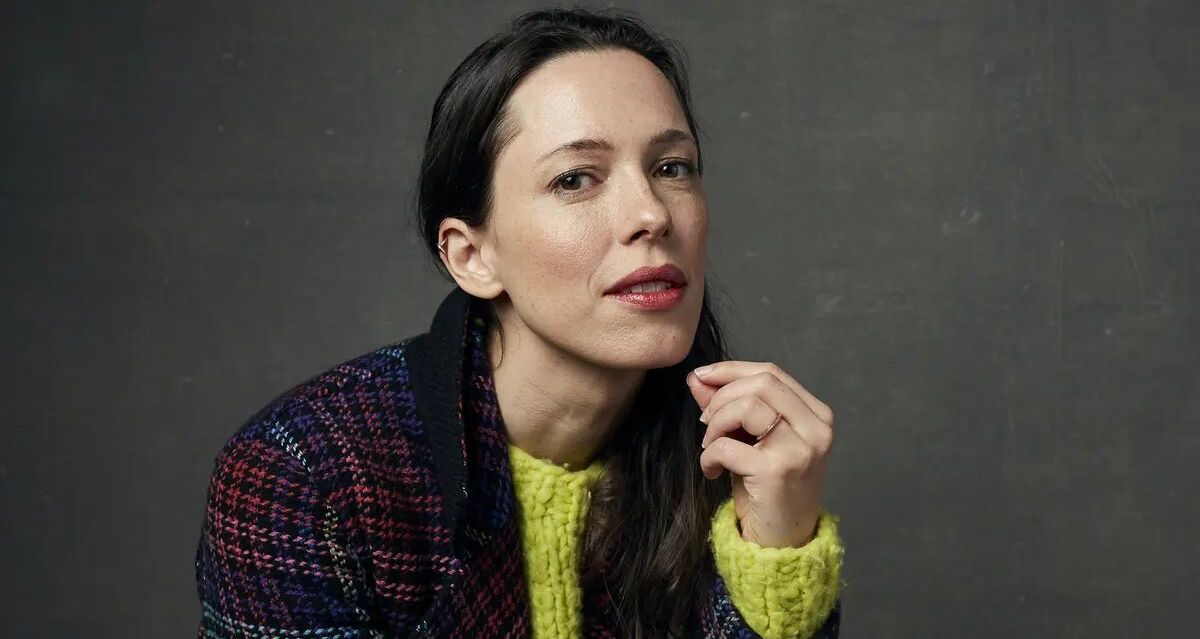Passing on Netflix tells the story of two black friends, Irene and Clare, who reconnect in 1920s New York. Black people in 1920s America still endure crippling racism. The ‘one-drop rule’ dictates that anyone with a black ancestor or anyone who appears black is black, and therefore, subject to discrimination.
Clare and Irene have an out: They can pass for white. Irene only passes as white when convenient, but Clare has built her life on appearing white. Clare’s husband and everyone except the few who know her roots believe her to be white.
The film explores the sad reality of passing from two different perspectives, leaving it to the audience to determine whether it’s justifiable – or even moral – to pass for white.
Passing is based on a fictional 1929 book by Nella Larsen with the same name

Director Rebecca Hall drew from Nella Larsen’s 1929 novel Passing when creating the film. Larsen based the fictional book on the racial realities of 1920s New York and personal experiences in the city.
To avoid racial discrimination, many Black people who could pass as white chose to do so. Alice Jones famously hid from her husband, Kip Rhinelander, that she had black ancestry. When Kip found out, he sued Alice, claiming that she lied to gain access to his wealth.
A series of humiliating investigations into Alice’s past followed before the jury ruled in her favor. That famous 1925 case might have inspired a piece of Nella Larsen’s literature.
The book looks at the different ways New York viewed race. The big city had all kinds of people: blacks fleeing the oppressive South, European immigrants, and mixed-race people. Genetics determined someone’s race, but passing raised queries whether one could choose their race.
Did the one-drop rule matter if you appeared more white than black? The law used science to classify people, but black people passing as white used appearance to sidestep the law.
The film’s depiction of passing and the dialogue between two black women touched by passing makes you realize that an issue prevalent in the 1920s is still relevant a century later. Ruth Negga (Clare) told Asma Khalid:
“These two women [Clare and Irene] are perhaps the embodiment of subjects that are still taboo today – colorism, defending one’s identity. How do we fit into a society which demands to label us?”
Rebecca Hall hopes that the film sparks the viewers thinking about society’s imposition of labels on people and how it forces people to live inauthentic lives. She said:
“I hope, sort of in the broadest sense, the thing that people take away [from the film] is, thinking about what the legacy of a life lived in hiding is. And that doesn’t just mean racial hiding, it means all the ways in which we’re not showing up for ourselves completely. And how we can’t because of how much society imposes something – especially black women.”
Director Rebecca Hall drew from her family life while directing Passing

As Rebecca prepared to direct Passing, she learned that her grandfather passed as a white man with great success. She told Sky News:
“My grandfather was African-American and he passed white for most of his life. And that is a fact that I’ve only really fully learned details of in the last year or so.”
Passing represents Hall’s directorial debut. She told ABC that she’s always desired to direct a film, and Passing provided the perfect theme for her debut. Hall talked to the outlet about why she chose black women for the leading roles:
“It was very important to me to cast two black women, and specifically two black women who the world know and receive to be black, so that when an audience sits down with the movie and interacts with it, they have a fixed idea about these women’s identity.”
The film has generated plenty of conversation, much to Hall’s delight. “I am aware that is happening and I am thrilled,” she continued. “Because that’s why you do these things, to start conversations.”